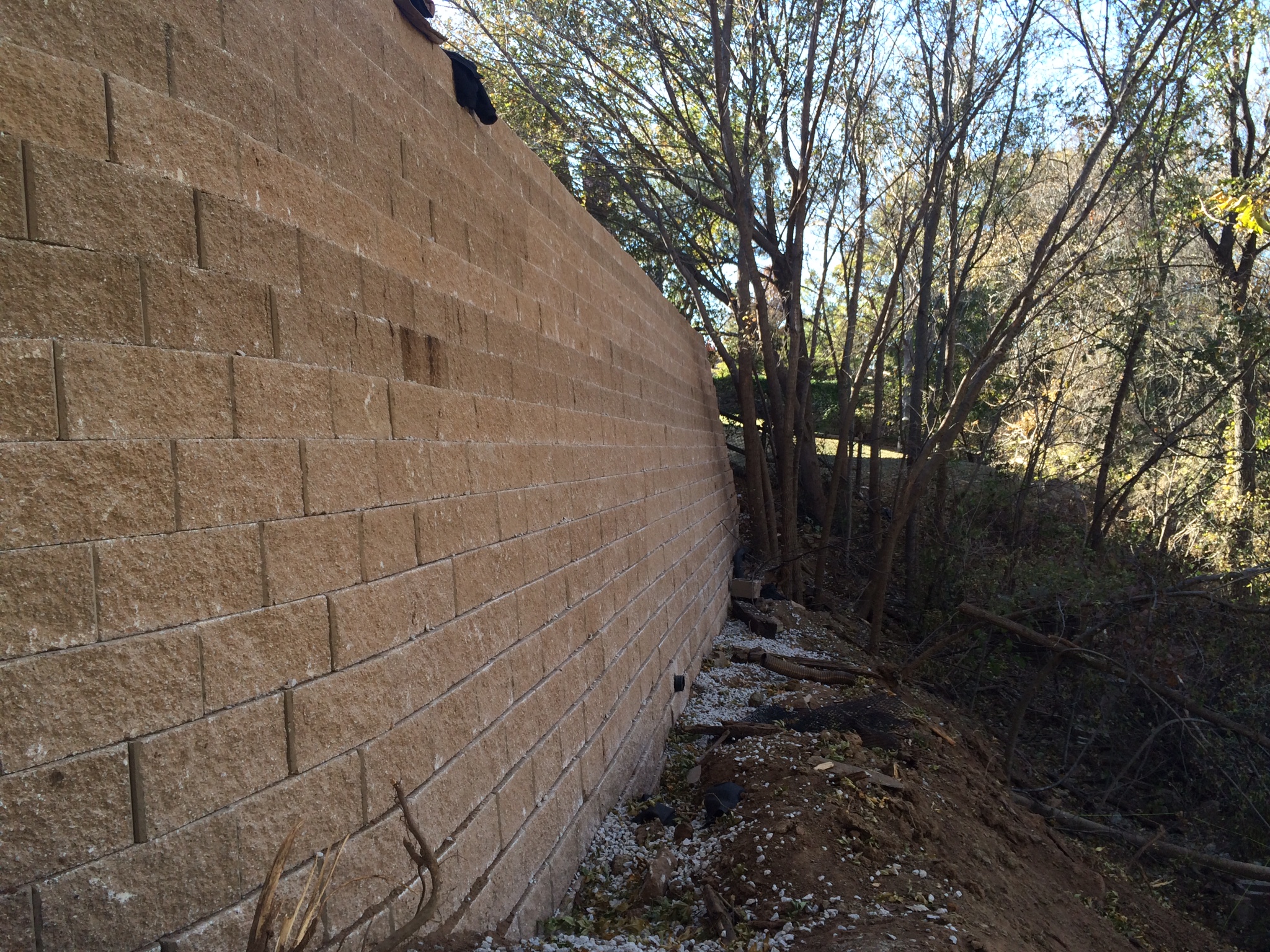
Cinderblock foundations are often found in homes that have crawlspaces, and may show up in some basement construction as well in pillar form. Cinderblock foundations are desirable because the blocks are relatively easy to work with and they are inexpensive. Like anything else, though, cinderblock is not completely impervious, and from time to time cinderblock foundation repair is a necessity to maintain the structural integrity of the house as a whole. If your foundation is cracked, leaning, or giving you some other reason to suspect that it is becoming unstable, here are a few repair methods to consider when hiring a company to fix it.
Common Foundation Issues
Whether you have a traditional basement, concrete slab, or cinderblock foundation, it is important to understand just how serious foundation problems can be and how to recognize potential symptoms. Foundations are there to support the rest of the house, and need to be very strong to do their job properly. Unstable foundations can cause serious damage to your property and end up costing you a bundle, so when you suspect a problem, it is well worth the time to have it checked out promptly.
Foundation problems can have many different causes. In addition to being constructed improperly in the first place, foundations can be damaged by excessive moisture, inadequate insulation or moisture seal, poor soil make-up, extended periods of below freezing temperatures, and other conditions.
Though in very old homes with concrete foundations, a crack one quarter inch across or smaller might be considered “normal” (though it is a good idea to let a professional determine what is acceptable), in homes with cinderblock foundations, cracks this large should definitely be examined by a professional ASAP. Doors and windows becoming misaligned and cracks forming on walls in living areas are also classic signs of foundation issues.
Cinderblock Foundation Repair: Hire a Structural Engineer
When there is a problem with your foundation, a structural engineer should be your first call. A well-versed structural engineer with no vested interest in the actual hands-on work will be able to determine if there is any structural failure in the building itself and what can be done to fix the problem. Though a home inspector might also be able to give you his or her opinion on what can be done, if a problem is identified, it is common for home inspectors to simply refer the homeowner to a structural engineer for further examination. Foundation inspection costs can vary. Consult our Structural Engineer Cost Guide for estimated prices.
Foundation Fixes
There are several things that can be done to improve the condition of your foundation, but only a professional should make the call on which is right for your particular situation. In some cases, if the damage is only superficial, your foundation might just need a bit of TLC to improve appearances and a few minor alterations to drainage or similar systems around the house. Many foundation issues are fixed by a process known as underpinning, where the foundation is extended to reach further into the ground where it will be more stable. Contractors who specialize in foundations will probably need to come and have a look at the problem in person before they will be able to give an estimate. Since this is an extremely important job, it’s a good idea to talk to several contractors and ask for and check their references.
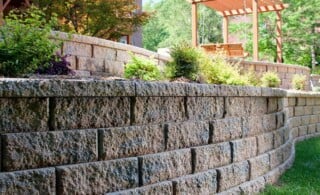 Going Green: Foundation, Retaining Walls & Waterproofing
Going Green: Foundation, Retaining Walls & Waterproofing 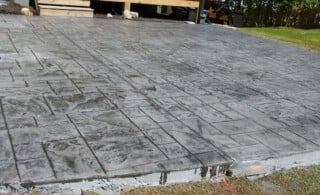 How to Spot & Repair a Sinking Foundation
How to Spot & Repair a Sinking Foundation 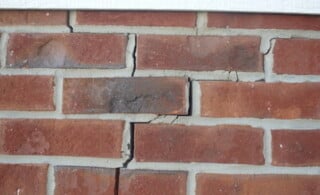 Cracked Foundation
Cracked Foundation 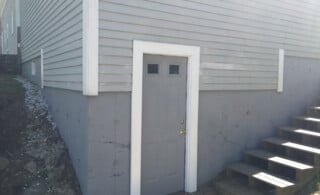 Sealing a Foundation
Sealing a Foundation 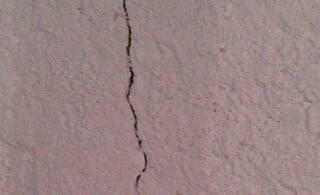 Foundation Repair: Address it NOW!
Foundation Repair: Address it NOW! 

Cinder blocks need to be replaced on outside of house that were busted out due to a pipe break